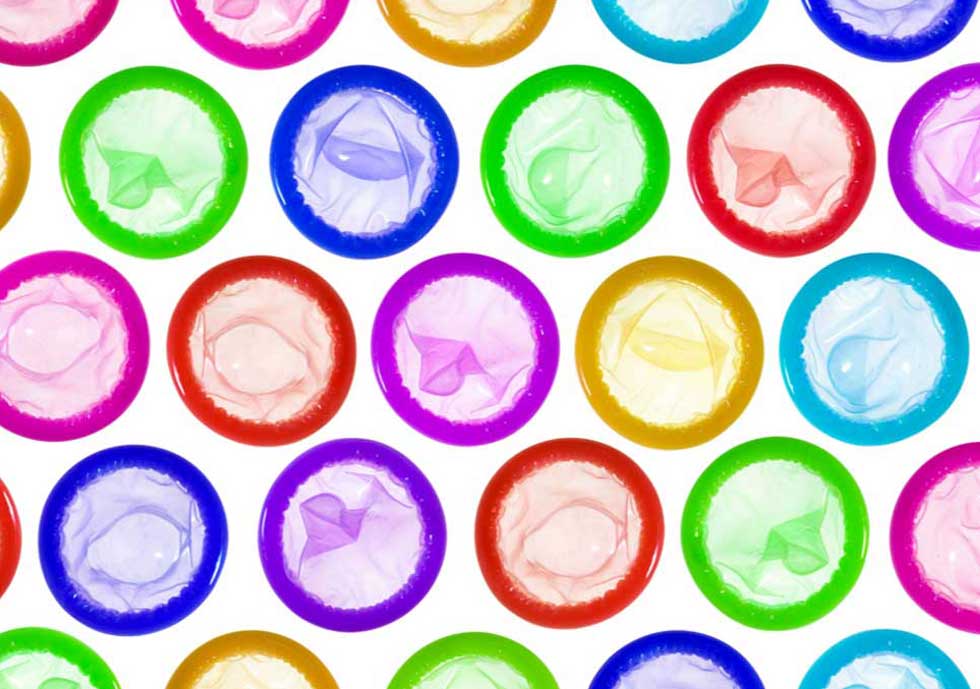HPV AND HPV VACCINE
What is HPV (Human Papilloma Virus)?
Human papilloma virus, also known as HPV, is a very common group of viruses that you can catch through intimate sexual contact with another person.
There are over 100 types of HPV and nearly all sexually active people will get infected at some point in their life.
HPV does not cause any problems in most people but some types can cause genital warts or cancer.
How is HPV infection spread?
HPV is the most common sexually transmitted infection in the UK.
Many types of HPV affect the mouth, throat or genital area and you can catch it through:-
- any skin-to-skin contact of the genital area
- vaginal, anal or oral sex
- sharing sex toys
What are the symptoms of HPV?
There are usually no symptoms so people are often infected without knowing it and infections tend to go away on their own.
In some people some types of HPV infection can cause genital warts.
Other types of HPV called high-risk types can sometimes lead to cancer if the infection persists (these are different to the types that cause genital warts).
Cancers linked to high-risk HPV include:-
- cervical cancer
- anal cancer
- cancer of the penis
- vulval cancer
- vaginal cancer
- some types of head and neck cancer
Can HPV infection be prevented?
Condoms can help protect you against HPV, but they do not cover all the skin around your genitals, so you're not fully protected.
The HPV vaccine protects against the types of HPV that cause most cases of genital warts and cervical cancer, as well as some other cancers. It does not protect against all types of HPV.
Can I get tested for HPV?
Women and people with a cervix are now tested for HPV as part of cervical screening. The screening test helps to protect against cervical cancer.
There is no blood test for HPV.
Is there any treatment for HPV?
There's no treatment for HPV. Most HPV infections do not cause any problems and are cleared by your body within 2 years. Treatment is needed if HPV causes problems like changes to cells in the cervix and treatment can also be offered to people with genital warts.
HPV VACCINE
What is the HPV vaccine?
The HPV vaccine was introduced in the UK in 2008.
The vaccine currently used is called Gardasil and it protects against 4 types of HPV: 6, 11, 16 and 18.
- Types 16 and 18 are the cause of most cervical cancers in the UK (>70%).
- Types 16 and 18 can also cause some anal and genital cancers and some cancers of the head and neck.
- Types 6 and 11 cause around 90% of genital warts.
Gardasil therefore helps protects against several types of cancer, particularly cervical cancer, as well as genital warts.
What is cervical cancer?
Cervical cancer is cancer of the entrance to the womb. It is caused by HPV in over 99% of cases and is the second most common cancer in women worldwide.
Who can get the vaccine?
The UK vaccine was originally only given to teenage girls but since September 2019 it is now offered to boys and girls aged 12 to 13. Vaccinating boys will help prevent more cases of HPV-related cancers, such as head and neck cancers and anal and genital cancers.
Men who have sex with men and some transgender people are also eligible for the HPV vaccine up to the age of 45.
